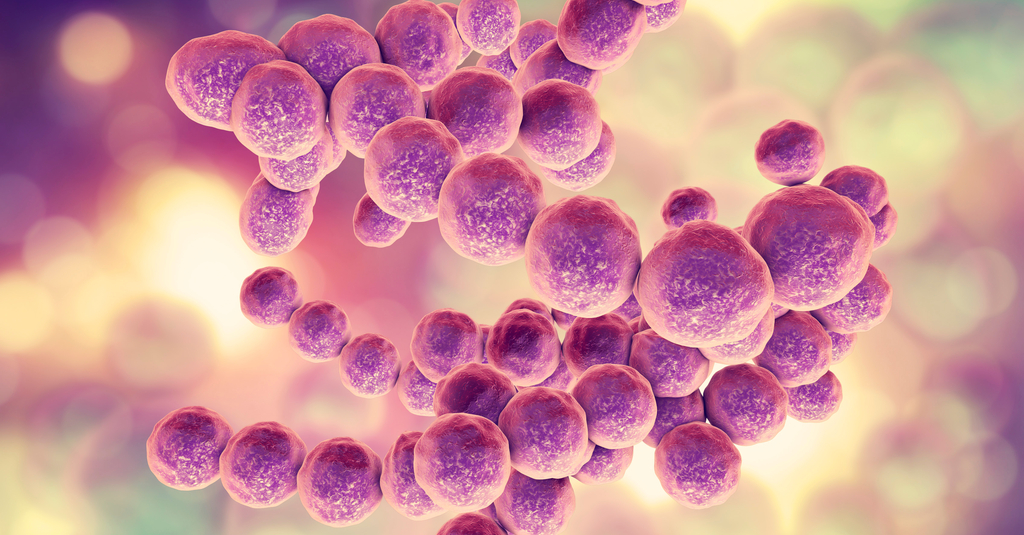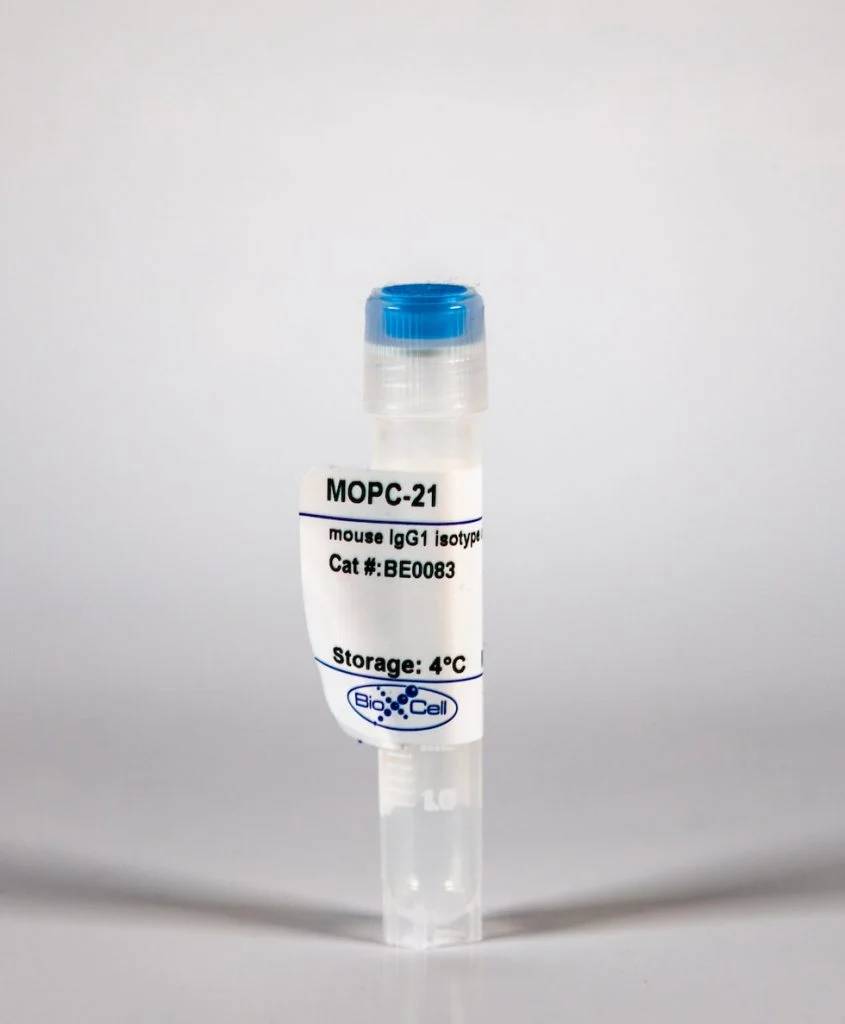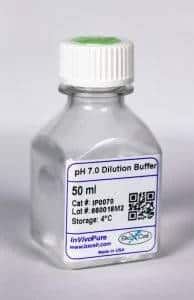Anti-mouse CTLA-4 (CD152)

Anti-mouse CTLA-4 (CD152)
The 9D9 monoclonal antibody reacts with mouse CTLA-4 (cytotoxic T lymphocyte antigen-4) also known as CD152. CTLA-4 is a 33 kDa cell surface receptor encoded by the Ctla4 gene that belongs to the CD28 family of the Ig superfamily. CTLA-4 is expressed on activated T and B lymphocytes. CTLA-4 is structurally similar to the T-cell co-stimulatory protein, CD28, and both molecules bind to the B7 family members B7-1 (CD80) and B7-2 (CD86). Upon ligand binding, CTLA-4 negatively regulates cell-mediated immune responses. CTLA-4 plays roles in induction and/or maintenance of immunological tolerance, thymocyte development, and regulation of protective immunity. The critical role of CTLA-4 in immune down-regulation has been demonstrated in CTLA-4 deficient mice, which succumb at 3-5 weeks of age due to the development of a lymphoproliferative disease. CTLA-4 is among a group of inhibitory receptors being explored as cancer treatment targets through immune checkpoint blockade.
Learn how researchers are using 9D9
Over the last ten years the use of immune checkpoint blocking antibodies has revolutionized cancer therapy. CTLA-4 and PD-1 blocking antibodies are among the most used immunotherapies in patients with metastatic melanoma, but many patients remain non-responsive and relapse is common. read more...
This Antibody Is Useful For:
in vivo CTLA-4 neutralization
Western blot
As always Bio X Cell antibodies are specifically formulated for in vivo use and feature:
95% purity
Ultra-low endotoxin levels
Preservative, stabilizer, and carrier protein-free
Recommended Control and Buffer:
InVivoMAb mouse IgG2b isotype control, unknown specificity
The MPC-11 monoclonal antibody is ideal for use as a non-reactive isotype-matched control for mouse IgG2b antibodies in most in vivo and in vitro applications.
InVivoPure pH 7.0 Dilution Buffer
InVivoPure™ dilution buffers are specifically formulated and tested to satisfy the stringent requirements for in vivo applications. They are extremely low in endotoxin, have been screened for murine pathogens, tested in animal models for toxicity and are formulated with respect to buffer composition and pH to satisfy the requirements of Bio X Cell’s antibodies.


